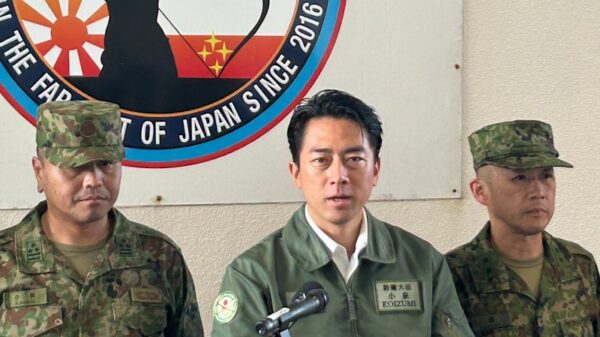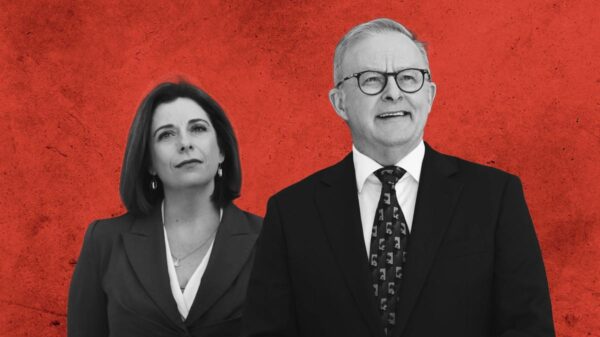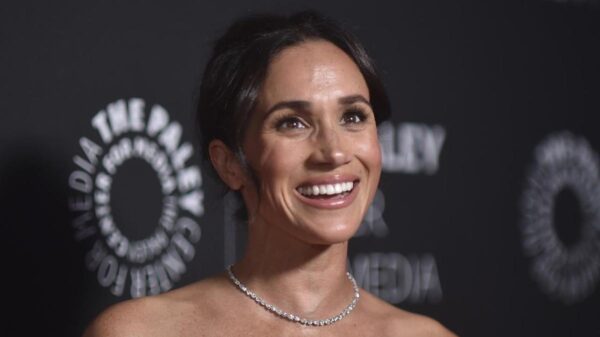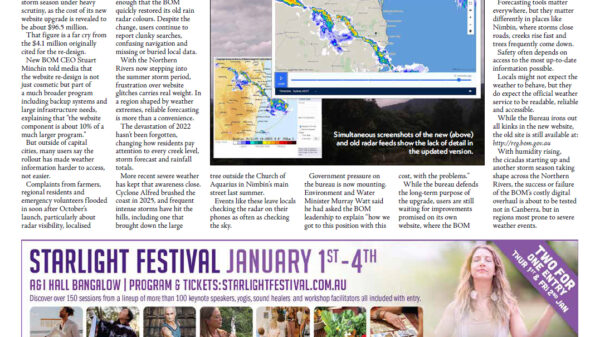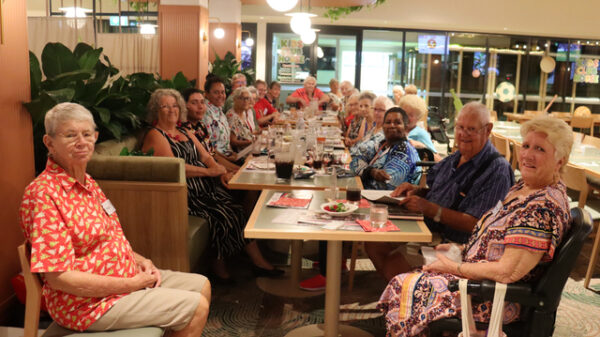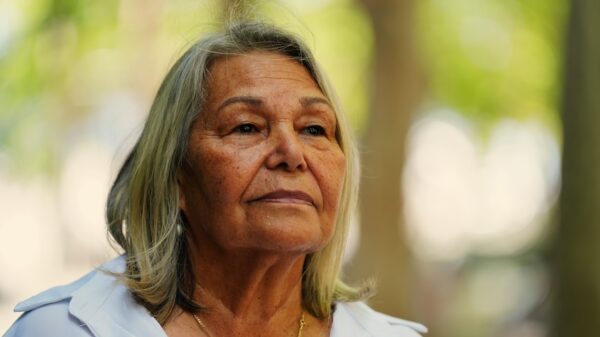UPDATE: Senator Jacinta Nampijinpa Price faces backlash after claiming that Australia’s migration policy is manipulated to gain votes from the Indian community. Critics warn her comments could incite division amid rising tensions surrounding immigration.
Just hours ago, Price stated that the Labor government “allows those in that would support their policies,” specifically targeting the Indian diaspora. This remark has been met with fierce condemnation from advocates and community leaders, who argue it threatens to undermine Australia’s long-standing commitment to non-discriminatory immigration.
Harpal Singh, president of the Sikh Association of the Northern Territory, expressed deep concern over the implications of Price’s statement. “She has taken a dig, but it has lasting impacts,” Singh told AAP. He emphasized the inappropriate timing of her comments, coinciding with a wave of anti-immigration protests in Australia. “It just alienated people from Indian ethnicity,” he added.
Further complicating the situation, Bharat Desai, a former president of the Indian Cultural Society of the Northern Territory, remarked that Price’s statements do not resonate with the views of the broader community. “Picking on particular groups for political purposes can cause harm,” he explained, urging Indian Australians to continue their contributions to society without fear.
The controversy escalated as Opposition Leader Sussan Ley distanced herself from Price’s remarks. “I’m fighting for every single Australian, no matter where you came from,” Ley asserted on Sky News Thursday, praising the Australian Indian community as “amazing.”
In a parliamentary session, Multicultural Affairs Minister Anne Aly highlighted the fragility of social cohesion, stating it “remains fragile as long as we treat people with gritted-teeth tolerance instead of mutual respect.”
As the government releases a migration forecast of 185,000 migrants for the year (excluding temporary migration like international students), Price indicated ongoing party discussions about this figure. “This is an issue that we will form a position on at a later point,” she stated.
Experts warn that migration-based politics may be losing its appeal. Anna Boucher, a migration expert from the University of Sydney, noted that voters are increasingly influenced by class rather than ethnicity. “A lot of people are going to take offense at the suggestion that the migration policy is driven by race,” Boucher explained, emphasizing that Australia’s non-discriminatory program has been in place since the 1970s.
The fallout from Price’s controversial statements highlights a critical juncture in Australian politics, where sensitivity to multiculturalism is paramount. As the community reacts, observers are left questioning whether migration policy will continue to be a viable political battleground or if it will evolve toward a more inclusive dialogue.
Next steps: As reactions unfold, watch for further statements from the government and community leaders, and how this incident will influence ongoing discussions about Australia’s immigration policies. The urgency of addressing social cohesion in the wake of these remarks cannot be overstated, as the nation grapples with its multicultural identity.






